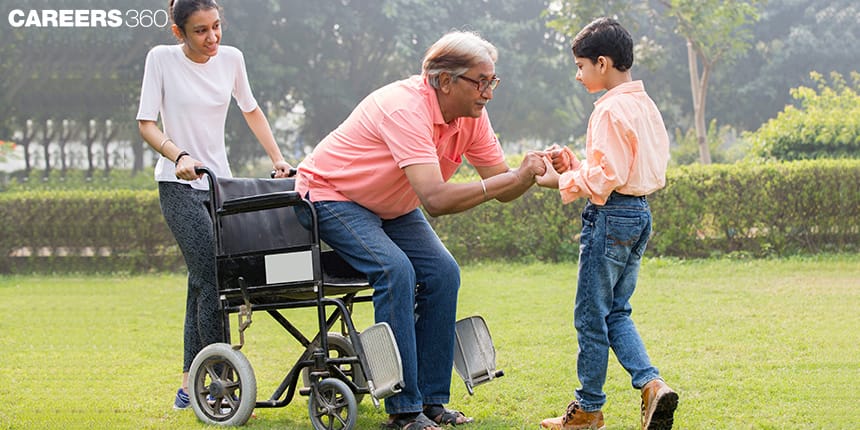How Can Schools Inculcate Social Responsibility Among Students?
At a young age, students are like sponges - they absorb knowledge readily and easily. In these formative years, it is vital to instil knowledge that is beyond academics to the complex world outside the four walls of a classroom. Children are the future and so, it is our duty as parents and educators to empower them with the right tools, values and life skills that help them make this world a better place. And what better way to do this than to inculcate in them the value of social responsibility?

Being socially responsible simply means to be kind, caring, generous and impact communities positively. It is a continuous and ongoing process where that does not stop at simply ‘sharing’ or ‘saying sorry.’ It involves teaching them about being compassionate but, more importantly, being empathetic by encouraging them to think beyond their own family, friends and immediate surroundings for the upliftment of society and the world at large. Here are some ways one can sow seeds of social responsibility in young minds –
Be A Positive Role Model
One of the easiest and the most efficient ways to teach children social responsibility is for them to imitate their elders. And this is why setting a good example for them to follow will make a lot of difference. Children often follow their parents, so parents can become positive role models for their children. For instance, not playing loud music to make sure you are not disturbing your neighbours or flushing after using the washroom, are some ways children can learn social responsibility in a more practical way at home.
Meanwhile, schools and educational institutes can create a learning environment that will help young minds identify opportunities that can contribute to the welfare and development of society. Events and community activities held in school can help students understand social services or volunteering on a personal, local or regional level.
Teach Children About Giving Back
Oprah Winfrey had once described social responsibility in a beautiful way. She said, “To move forward, you have to give back.” Children once they are able and confident, can participate in donation drives. This can include sharing some parts of their pocket money or backing a social cause that they believe in, such as feeding the homeless, books and toy donation initiatives for underprivileged children, clean neighbourhood drives and many such causes.
Encourage Volunteering
If one is unable to help through monetary ways, shramdaan or physical labour is an excellent alternative. From small, mindful acts that do not require money or donations but volunteers can be introduced to students of Grade 6-10.
Students can volunteer at collection centres or to put up flyers asking elders to donate in event of natural calamities or any accidents. .
A progressive society is built by the people living in it. And the primary objective of cultivating social responsibility among children is to help them appreciate, respect and create this progressive environment around them. The more we share ideas and suggestions to spark a positive change in society, the easier it will be to raise a generation of youth that is socially aware. Fact is, a helping hand of compassion is all that the society needs to be a better place. Helping your peers, parents, elderly in the house, the stray animals in your neighbourhood, or even taking care of the trees and plants, every little act of kindness counts.
Psychologists suggest that social responsibility of students is to work for a team and not for yourself. By helping the society, one helps themselves. And the actions of today will also serve the future generations. Students must be educated and conditioned towards a more compassionate, selfless and giving mind.
About the Author: Damayanti Bhattacharya, is the principal at Jasudben ML School and Bloomingdales Pre-Primary School. She is a veteran academcian with an experience of over 30 years in the field of education. For 22 years, she was the HOD for English and then Headmistress at the reputed Cathedral & John Connon Middle School, Mumbai.
Applications for Admissions are open.
As per latest syllabus. Physics formulas, equations, & laws of class 11 & 12th chapters
JEE Main Important Chemistry formulas
Get nowAs per latest syllabus. Chemistry formulas, equations, & laws of class 11 & 12th chapters
JEE Main high scoring chapters and topics
Get nowAs per latest 2024 syllabus. Study 40% syllabus and score upto 100% marks in JEE
JEE Main Important Mathematics Formulas
Get nowAs per latest syllabus. Maths formulas, equations, & theorems of class 11 & 12th chapters
